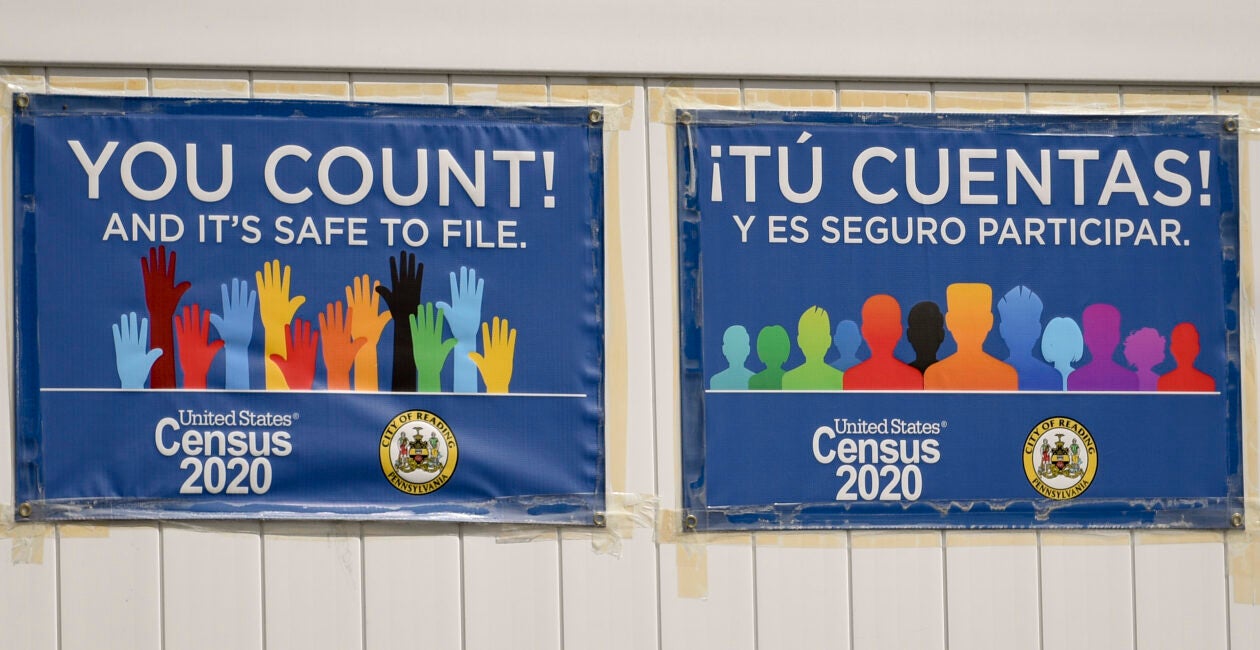 |
| Ben Hasty/MediaNews Group/Reading Eagle/ Getty Images |
A senior adviser to the U.S. Census Bureau recalls sounding the alarm about the agency’s population count in 2020.
“Me and a couple of other people at the Census Bureau were pounding the table saying there are going to be problems,” Adam Korzeniewski told The Daily Signal.
“The sad thing is that no one cared,” Korzeniewski said.
Two years later, the Census Bureau has admitted to undercounting six relatively conservative states and overcounting eight liberal states.
Critics contend that this inaccurate count now favors blue states over red states in determining Electoral College votes and seats in the House of Representatives for the next decade.
Red regions of the United States traditionally complete census forms at a higher rate than do blue regions, Korzeniewski said. So Census Bureau career staff generally use certain procedures to estimate the population in undercounted regions, he explained.
Because of the COVID-19 lockdowns, far less in-person enumeration occurred in 2020 than in past years. This caused staff to rely more on estimates to “correct the census into what they think it should be,” Korzeniewski said.
The Census Bureau’s Post-Enumeration Survey shows how the 2020 census counted the total population by creating an independent estimate of the number living in the U.S. since April 2020.
The 2020 census undercounted the population of Arkansas by 5.04%; Tennessee by 4.78%; Mississippi by 4.11%; Florida by 3.48%; Illinois by 1.97%; and Texas by 1.92%, according to the Post-Enumeration Survey.
These six states now could have smaller delegations to the House of Representatives and fewer Electoral College votes than their respective populations should provide.
The survey also found the 2020 census overcounted the population of eight states: Hawaii by 6.79%; Delaware by 5.45%; Rhode Island by 5.05%; Minnesota by 3.84%, New York by 3.44%; Utah by 2.59%; Massachusetts by 2.24%; and Ohio by 1.49%.
If undercounted states opted to sue the Census Bureau under the principle of “one man, one vote” or other grounds, it would mark a landmark case for the Supreme Court, Korzeniewski said.Read the rest of the story HERE
If you like what you see, please "Like" and/or Follow us on FACEBOOK here, GETTR here, and TWITTER here.

No comments:
Post a Comment